What is blockchain?
Blockchain is a set of techniques that facilitate the decentralisation of storage, sending and verification of information.
It’s nothing more than a database distributed among different participant parties, cryptographically protected and organised in transactions blocks mathematically related. Simply put, it is a decentralised database that cannot be altered.
Another relevant element is that the system allows that parties that do not trust implicitly on each other can reach a consensus regarding the existence, status and evolution of several shared factors. Consensus is the key in a blockchain system, because it is the foundation that allows all the participants in that system to trust the information recorded in it.
“It is an aspect with an incredible potential to transform a vast number of key sectors of the industry and of society, in a way that it could even change the way we understand the world.”
“British politicians have been the first to understand the full potential of this new industry. In this way, by promoting new forms of business, what the British Government has achieved is to ensure the current status of London as a world reference in the management of financial services”
“In Switzerland, a perfect ecosystem for investments in Blockchain technology has been organized. This Crypto Valley has favorable laws that provide legal security to entrepreneurs”
“In the United States there is an open war. While in Silicon Valley they are betting on public Blockchains in the hope of succeeding as they did in previous years, on Wall Street they are betting on private Blockchains, in which a regulated business model has a better place”
“In Singapore, public administrations, private companies, academic centers and developers have joined forces to promote this technology. The reward for these efforts has been the founding of the IBM Blockchain Innovation Center, based in this Asian city-state. Its investment in Blockchain technology reveals its intention to continue being part of the leading countries of the world in this 21st century”
Blockchain: The industrial revolution of the internet.
Autor: Alex Preukschat
A blockchain network is define according to these criteria:
What does blockchain offer that standard databases don’t?
Once we understand that blockchain technology allows the storage of information, we can ask ourselves what makes it different from the well-known technology of databases.
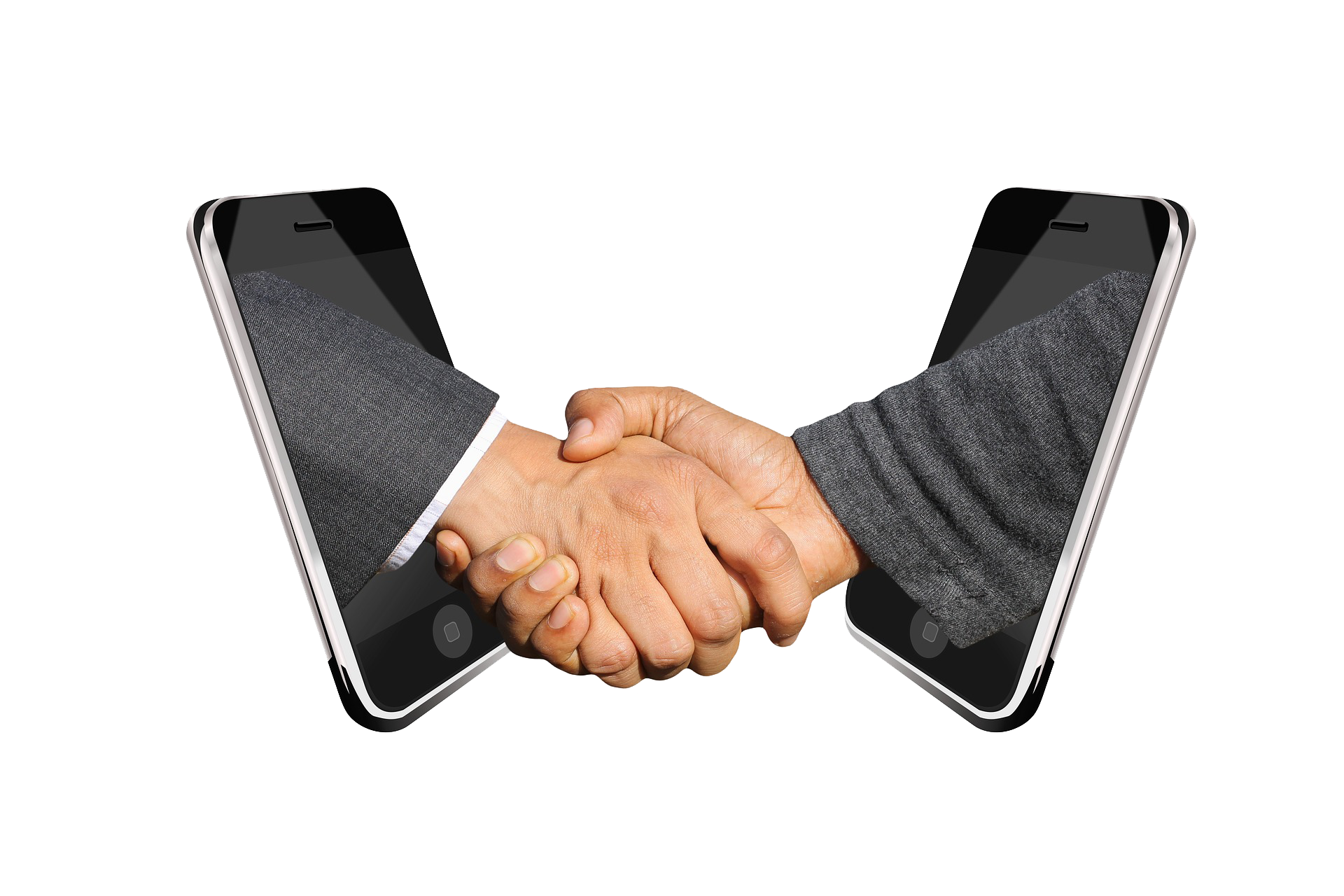
“Consensus, the key to Blockchain.”
DELIVERY
A node network it’s used, in which each node contains all the information. When adding or sending that information, it’s replicated by the other nodes, thus guaranteeing that the data hasn’t been manipulated.
VERIFICATION
The consistency and immutability of the information is achieved via cryptographic techniques.
Differences between blockchain and SQL databases
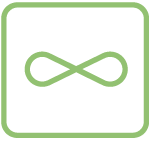
PERMANENT DATA
Data introduced in a blockchain cannot be deleted; the information is permanent. That’s why it’s said that blockchain is written in stone.
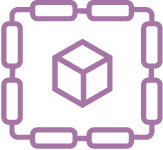
CRYPTOGRAPHY
When some information is stored in a blockchain, its connection with the previous and following blocks is also stored using encrypting techniques.
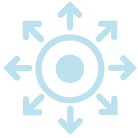
DECENTRALISE
Content written in a blockchain is stored in multiple public servers and each computer that joins the network is a node that contains information about each and every transaction.

DOCUMENTARY
Anybody can check information in the blockchain network, but only those recognised by the network can write new data. It allows storage of records and files.
What does Blockchain technology has to offer to society?
Blockchain’s only limit is our human imagination, which is why it’s necessary to anticipate the opportunities that its application entails, whether it is in business or in everyday life.
The blockchain world is very uneven
On one end you can find positions that come from the original movement of public blockchain, that are extremely progressive, if not libertarians and with risky and nonconformist, borderline anti-establishment, proposals. On the opposite side we find the world of private blockchains, which, in many cases, represents the traditional and more formal way of understanding businesses.
And between them there are a myriad of middle ground positions
All of them filled with pragmatism and common sense, that put their efforts into steady projects over time. Ideological affinities or preferences notwithstanding, the challenge for every executive, entrepreneur or start-up is understanding the set of proposed solutions for an optimization of the market.
